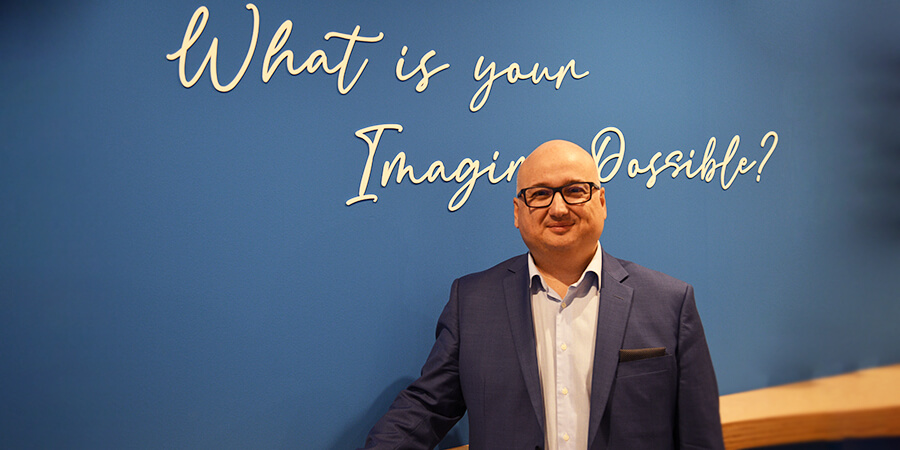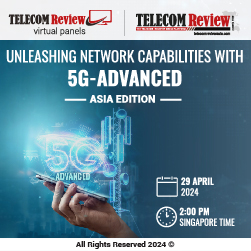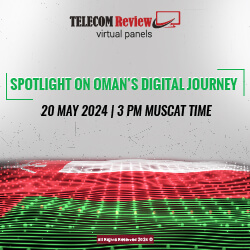In an exclusive interview with Telecom Review during MWC 2024, Fadi Pharaon, President, Ericsson MEA shared details of their 5G initiatives, the essence of collaboration, the potential for enterprise market integration, their digitalization roadmap, and their unique standpoint as a leading connectivity provider in the region.
As a 5G network infrastructure leader, what are the key efforts Ericsson MEA is taking to accelerate industry productivity and ecosystem growth?
5G, in general as a technology, is bringing brand new capabilities that are enabling near real-time monitoring and management of devices, automatic vehicles, and thousands of sensors that will enable you to offer value to different industries, be it enterprise or other industry verticals.
And what is very important at this stage is that we are collaborating closely with our customers and operators to showcase solutions that will support us as we educate the market out there with what is possible, bring solutions to the market, and hopefully inspire others to see that there are clear productivity gains or cost efficiency gains from bringing 5G into their digitalization process.
In 2024 and beyond, how will the MEA region continue to be an addressable market for service providers in terms of 5G B2B opportunity?
It is crystal clear what technology can enable when you have low latency and a very high network throughput performance. But what is more important than that is how you fit new technology into the business logic of enterprise. That requires in-depth understanding of each type of industry, and frankly, even each type of company, because we're trying to solve a problem that (often) is customized.
That requires collaboration across the ecosystem, from the CSPs who take the lead, to the system integrators and the subject matter experts in the different fields— be it manufacturing, mining or strategic ports. When all that of the knowledge and competence comes together, then we're able to give the market real, valuable solutions.
From Ericsson MEA’s perspective, what connectivity trends will continue to dominate the region in driving sustainable, digital transformation?
We see that many countries in the Middle East, for instance, have launched their own economic visions, and digitalization is always an instrumental part of these visions. And it is actually manifesting itself in the amount of investments in different types of projects.
Number one is assuring that many countries have basic broadband strength, for instance, in cloud offerings, and also provide education to bring everybody on board (a digital savviness and education for pupils and students). It is this kind of amalgamation and focus on ‘How can we digitize the industries and the processes where connectivity could play a very big part?’ that sets us apart. Obviously, 5G is basically designed to support that.
There's so many ongoing discussions about it, and we need to ensure that we are also patient because this will not be created overnight. But I think the [overall] potential is really incredible and we see today's showcases popping up around us.
Given that the Middle East is at the forefront of technological innovation, how will Ericsson MEA solidify its position as a connectivity provider?
We are here at MWC and we are so proud of the outcome of the research and development that we do. We are a technology company and we believe that our products and solutions, as well as talented people, speak for ourselves. We are focusing on bringing the best performance out of the networks. We pay attention to the cost efficiencies of these networks, especially in terms of sustainability and energy consumption.
We also believe in a world where there are more open and programmable networks because with 5G (and moving forward), it's also about exposing all of the network characteristics so the operators can monetize it in an even bigger fashion than today's business models.










